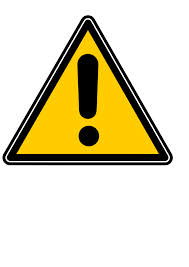Overview of en
The pronoun en usually replaces the combination de + noun, e.g.:
- Je parle de mon examen. > J'en parle.
- Elle a besoin de mon aide. > Elle en a besoin.
- J'ai peur de sa réaction. > J'en ai peur.
- Paul est fatigué de son attitude. > Paul en est fatigué.
As these examples illustrate, en is often used with verbs/expression that involve de (e.g.: parler de, avoir besoin de, etc.)
Another common use of en involves quantities, e.g.:
- Il y en a trois = "There are three of them".
- J'en ai mangé deux = "I ate two (of them)".
In these cases, en corresponds to "of them" in English (even though the word de is not part of these expressions in French).
Finally, in some cases en simply means "some" or "any", e.g.
- Je veux de l'argent. > J'en veux.
- Je ne veux pas de gâteau. > Je n'en veux pas.

- There is never past participle agreement with en, e.g.: des pommes ... j'en ai mangé.
Questions about en
Q: Why is it J'en ai parlé and NOT J'ai parlé de cela?
There is a strong preference in French for pronouns that come before the verb.
Q: Why is it J'en ai besoin and NOT Je l'ai besoin?
Since the complete expression is avoir besoin de, you need to use the pronoun en.